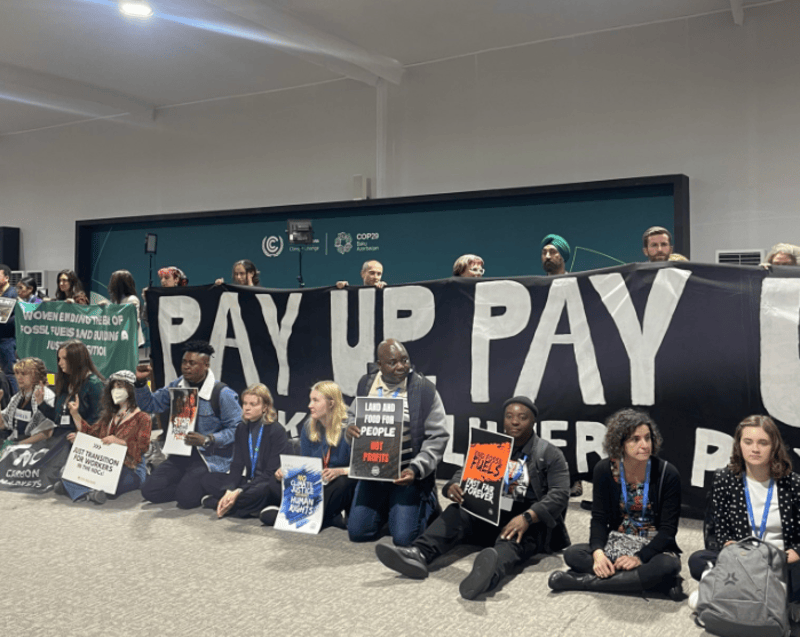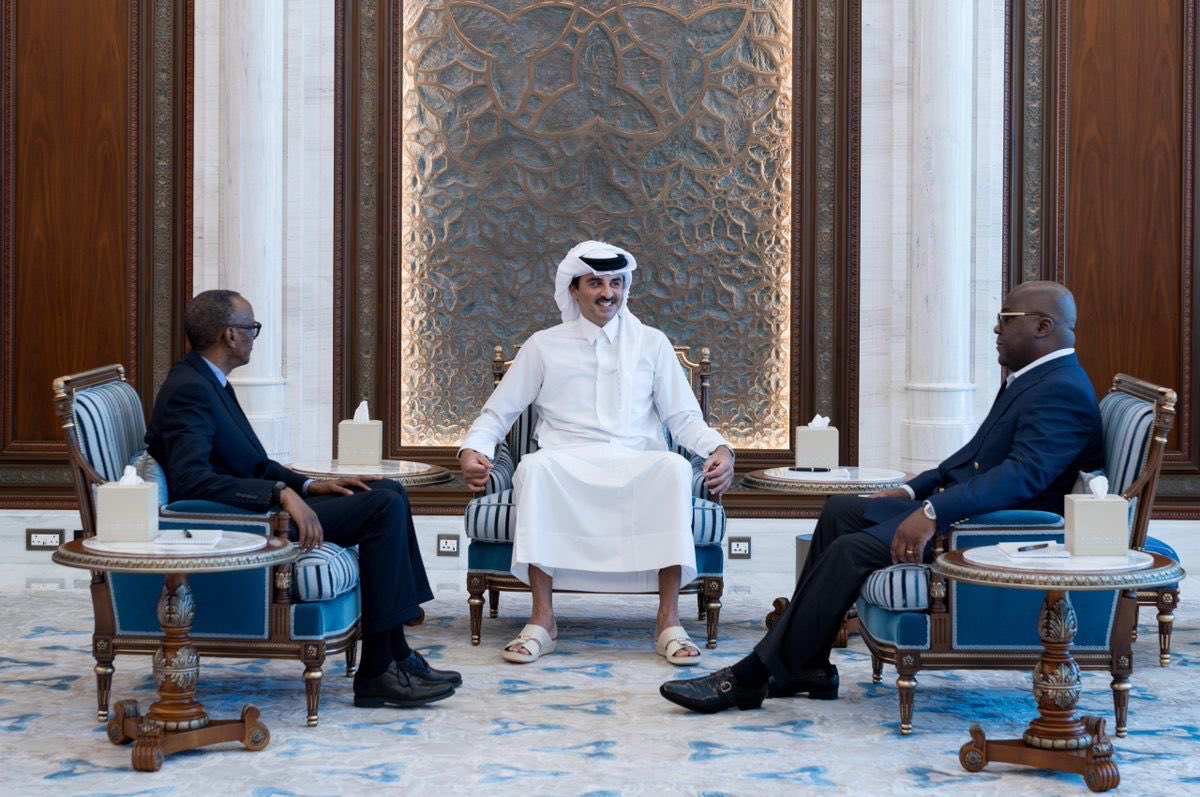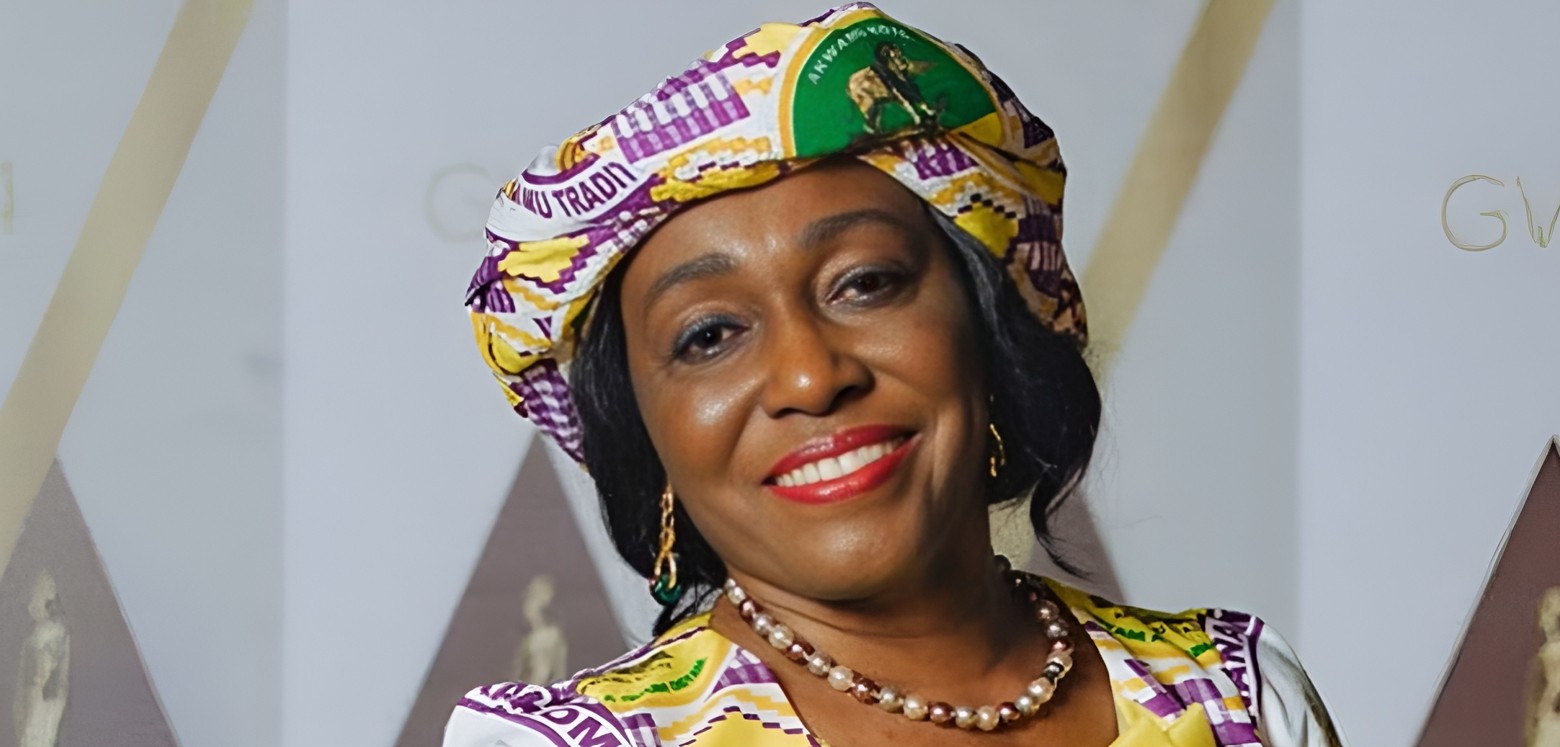Climate financing to grow by over 60% on new lenders’ pledge at COP29

Compared to the latest funding figures of 2023, when they directed $74.7 billion (Sh9.7 trillion) to developing nations, the pledge translates to a 60.6 per cent increment in funding.
Kenya is among the countries that will benefit from increased climate funding from international lenders who have jointly pledged to up their climate funding to low and middle-income states by about 61 per cent, year-on-year till 2030.
This is to propel the countries' progress towards the ambitious 2030 climate goals.
More To Read
- What’s at stake in the COP30 negotiations?
- Major global emitters off track, no country strong enough to meet climate targets - report
- African activists rally and challenge COP30 agenda
- Ethiopia hosting COP32 a ‘win for the Horn of Africa’, IGAD says
- Power utilities raise clean energy investment plans by 26 per cent in major Net Zero push
- Kenya, EU ink Sh4.8 billion deal on environment and climate protection
Through a joint statement at the ongoing COP29 in Baku, the Multilateral Development Banks (MDBs) estimate that by 2030, their annual collective climate financing for low- and middle-income countries will reach $120 billion (Sh15.5 trillion). This includes $42 billion (Sh5.4 trillion) for adaptation.
Compared to the latest funding figures of 2023, when they directed $74.7 billion (Sh9.7 trillion) to developing nations, the pledge translates to a 60.6 per cent increment in funding.
The MDBs' latest annual Joint Report on Climate Finance, published in September 2024, shows they delivered a record-high $125 billion (Sh16.2 trillion) of public climate finance in 2023, of which 60 per cent was directed to low- and middle-income countries.
MDBs are major providers of climate finance vulnerable nations need to reduce emissions and adapt to climate change.
While the delivery of more international public climate finance looks promising, reports exhibit that finance for adaptation is lagging.
Several COP participants earlier in the week expressed concerns over the lack of sufficient climate finance specifically in Africa.
Delegations from African countries and the global south in their presentations largely called for more funds to scale up "adaptation" measures in order to build strong resilience for climate-induced disasters amidst weak funding support from wealthy nations.
They also raised concerns over some of the proposed climate finance solutions such as the carbon market trading schemes, which are perceived to be a gateway to allowing wealthy countries to continue emitting greenhouse gases while undervaluing Africa's natural assets.
Notably, also, the MDBs during the sessions published their country platforms for climate action, reaffirming their joint support for efforts to foster collaboration between host countries, MDBs, donors and the private sector.
"Based on country demand, MDBs will build on successful examples to support the launch of new platforms, while deepening collaboration with partners including the International Monetary Fund," the statement reads.
The statement was issued by the African Development Bank Group, the Asian Development Bank, the Asian Infrastructure Investment Bank, the Council of Europe Development Bank, the European Bank for Reconstruction and Development, the European Investment Bank, the Inter-American Development Bank, the Islamic Development Bank, the New Development Bank, and the World Bank Group.
Top Stories Today












































